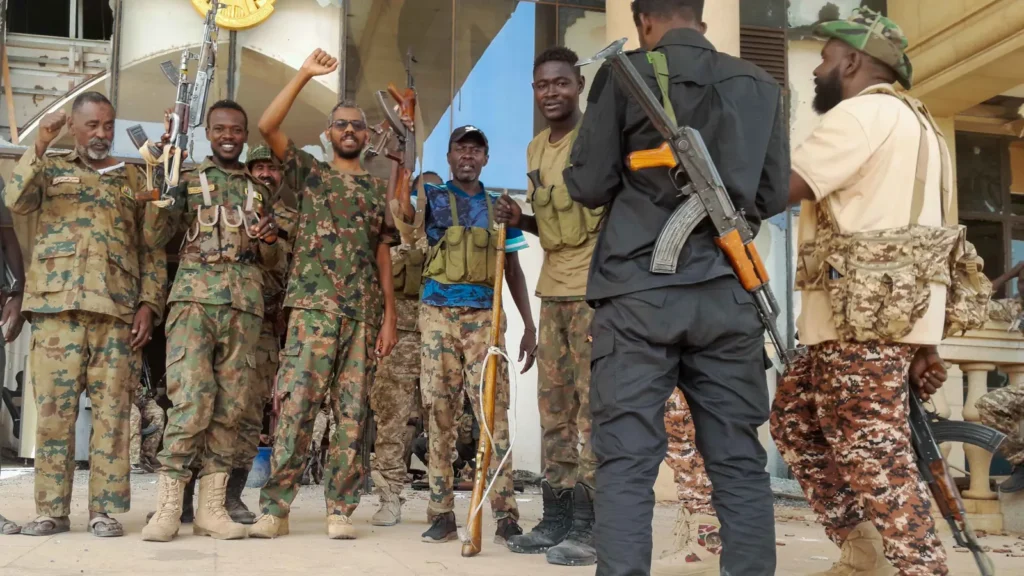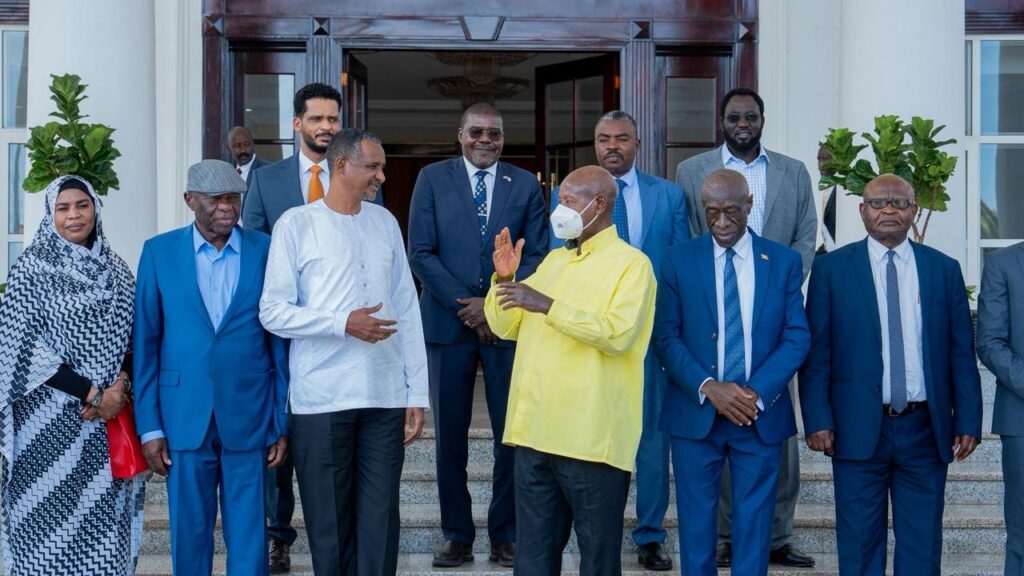
Port Sudan junta-controlled areas are seeing a rise in alleged abuses against civilians by forces backed by Islamist militias, according to local sources and media, with residents accusing troops who claim to keep order of acting like armed gangs.
Activists and outlets have documented robberies and extortion carried out by men in military uniform, deepening daily insecurity. In Omdurman’s Area 8, the Revolutionary Resistance Committees issued a sharply worded statement accusing the “joint patrol forces” — nominally tasked with maintaining order — of looting shops and kiosks outside Al-Nou Teaching Hospital. The statement described “systematic terror” against residents through false accusations and intimidation.
The committees held Port Sudan-based forces responsible for spreading fear and hardship, saying those meant to protect civilians had adopted the behavior of criminal bands. They urged an end to “repeated violations” that erode trust in security institutions and inflame street tensions.
Similar incidents have been reported in other towns under Port Sudan’s control, where uniformed men allegedly ransacked markets. Local sources also cited protection rackets targeting traders, arbitrary arrests of young men on vague suspicion, and the resale of confiscated goods on the black market.
In February, Jean-Baptiste Gallopin, senior crisis and conflict researcher at Human Rights Watch, said armed groups fighting alongside Port Sudan-based forces committed violent abuses against civilians during earlier attacks in Gezira state. He urged swift investigations and accountability, including for commanders of the Sudan Shield Forces.
Observers warn that continued abuses risk tearing at the social fabric and entrenching lawlessness exploited by militias allied with Port Sudan-based junta. Sudanese analyst Abdel Monem Suleiman cautioned that the gravest danger may lie in the post-war period, warning that if Islamist factions are allowed to dominate, Khartoum could again become a hub for extremism exporting violence across the region.




